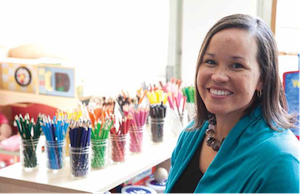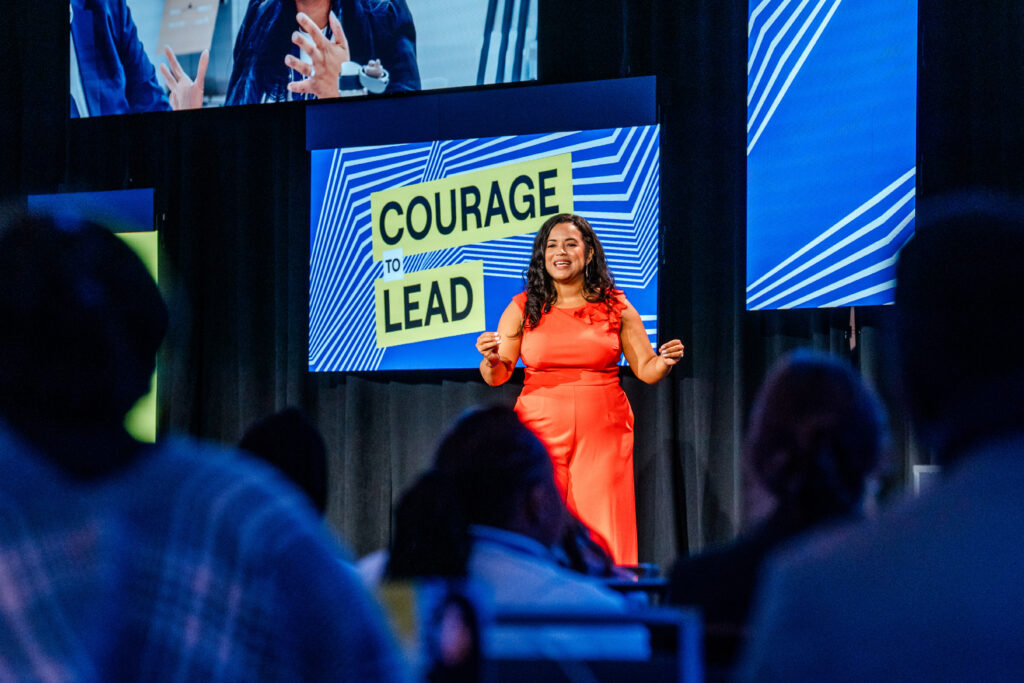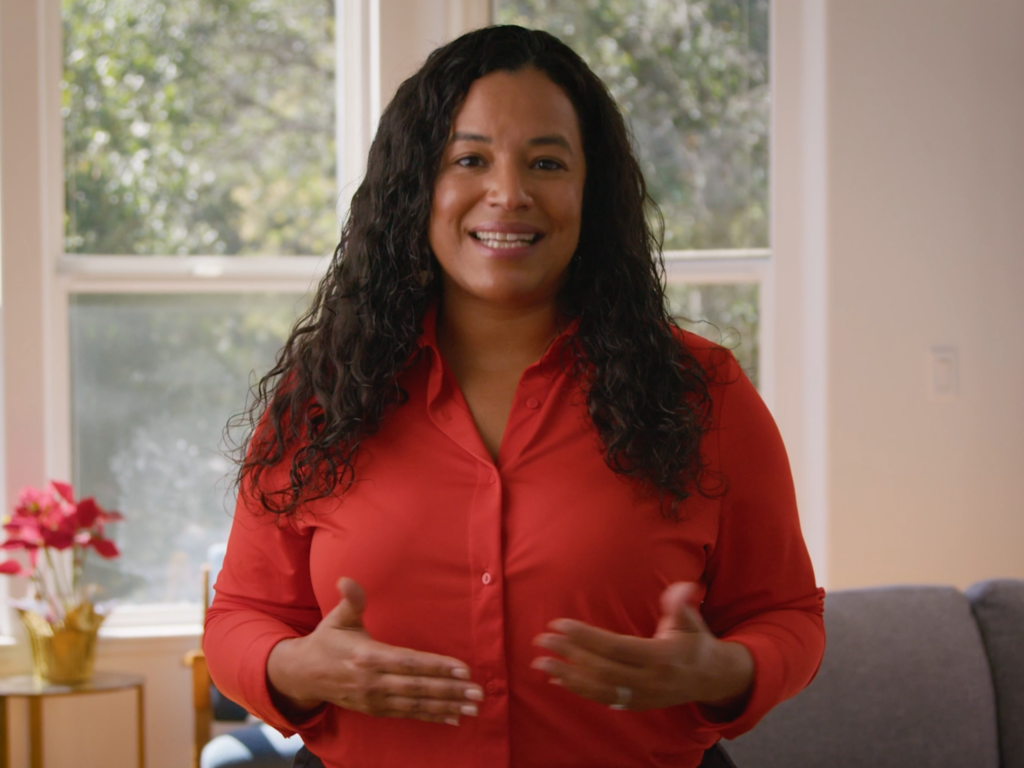Our annual NewSchools Summit is coming up in less than two weeks, on May 6. Leading up to it, we’re featuring conversations with some of our exciting presenters. Today we’ll hear from Kriste Dragon, co-founder and CEO of Citizens of the World Charter Schools. After earning her law degree and then spending years working as a math teacher, professional development coordinator, and operational leader in Los Angeles area schools, Kriste founded Citizens of the World in order to balance the need for exceptional school quality with the need for empowered and responsive local leadership.
In our Sum mit session “Diverse by Design: How Socioeconomically Diverse Schools Improve Learning,” Kriste will lead a group of parents and school leaders in a discussion about the purpose, benefits and challenges of diverse schools. We asked Kriste a few questions:
mit session “Diverse by Design: How Socioeconomically Diverse Schools Improve Learning,” Kriste will lead a group of parents and school leaders in a discussion about the purpose, benefits and challenges of diverse schools. We asked Kriste a few questions:
Kriste, what was the impetus behind your founding Citizens of the World Charter Schools?
I grew up in the American South and lived in communities that felt segregated and separate. When I began looking for schools for my own children, the diversity of our neighborhood wasn’t reflected in the local public schools. In the setting where I wanted my children to engage with and learn the most from others, they would be separated from their peers. I wanted a school that reflected what my family and so many other families value – academic rigor, joy, and diversity.
What lessons can other schools learn from embracing the socioeconomic and cultural realities that surround our communities to better prepare students for future success?
Kids need to have the opportunity to truly connect with others, specifically those who are different than them. The problems we face today as adults, seem fundamentally rooted in our inability to celebrate difference and find common ground. We believe that the closer we get to simulating the real world in our children’s classrooms, the better prepared they will be to become a new and different generation of leaders.
The number of parents, educators and community members working collectively to create intentionally socioeconomically diverse schools is steadily growing. To what do you attribute that?
More of us are coming to understand that closing the achievement gap alone won’t be sufficient in addressing the broader challenges we face in our society. It is important that our kids can relate to one another, value difference, have empathy and are compassionate. Students who attend diverse schools develop higher-level critical thinking and cognitive skills and are also able to come together organically with people from all walks of life and shun stereotypes.
Also, there has been an upswell in revitalization efforts in urban areas, and diverse schools are a natural fit with urban rehabilitation and development. This is exciting, and also an area where early, meaningful partnerships and coordination between education initiatives and housing initiatives will be key.
What makes “diverse by design” schools successful – and sought after?
I think that’s a terrific question for our parents on the panel! They’ll be coming from Louisiana, Kansas City and Los Angeles and will share directly the reasons why they chose diverse schools for their kids. I think we all might be surprised by how many different models resonate with the unique interests and values of families, and the best thing we can do to learn what those are and why is to ask them!
Both Citizens of the World and Bricolage believe innovation is central to education. As parents, how can we continue that tenet at home?
I try to think about the conditions my kids need to discover new solutions—their own solutions. Let’s be honest, there are times when the “solution” is simply that I need them to clean their rooms! But there are other times when I really want my kids to take risks, and that requires a bit more thought and effort on my part. As a parent, I try to embrace the vulnerability that comes with letting my kids make mistakes and fail, because I know they need to develop the courage to fail, learn, and try again.
Curious to learn more about Citizens of the World? See www.citizensoftheworld.org.
Check out www.nsvfsummit.com for the latest updates on our agenda.


